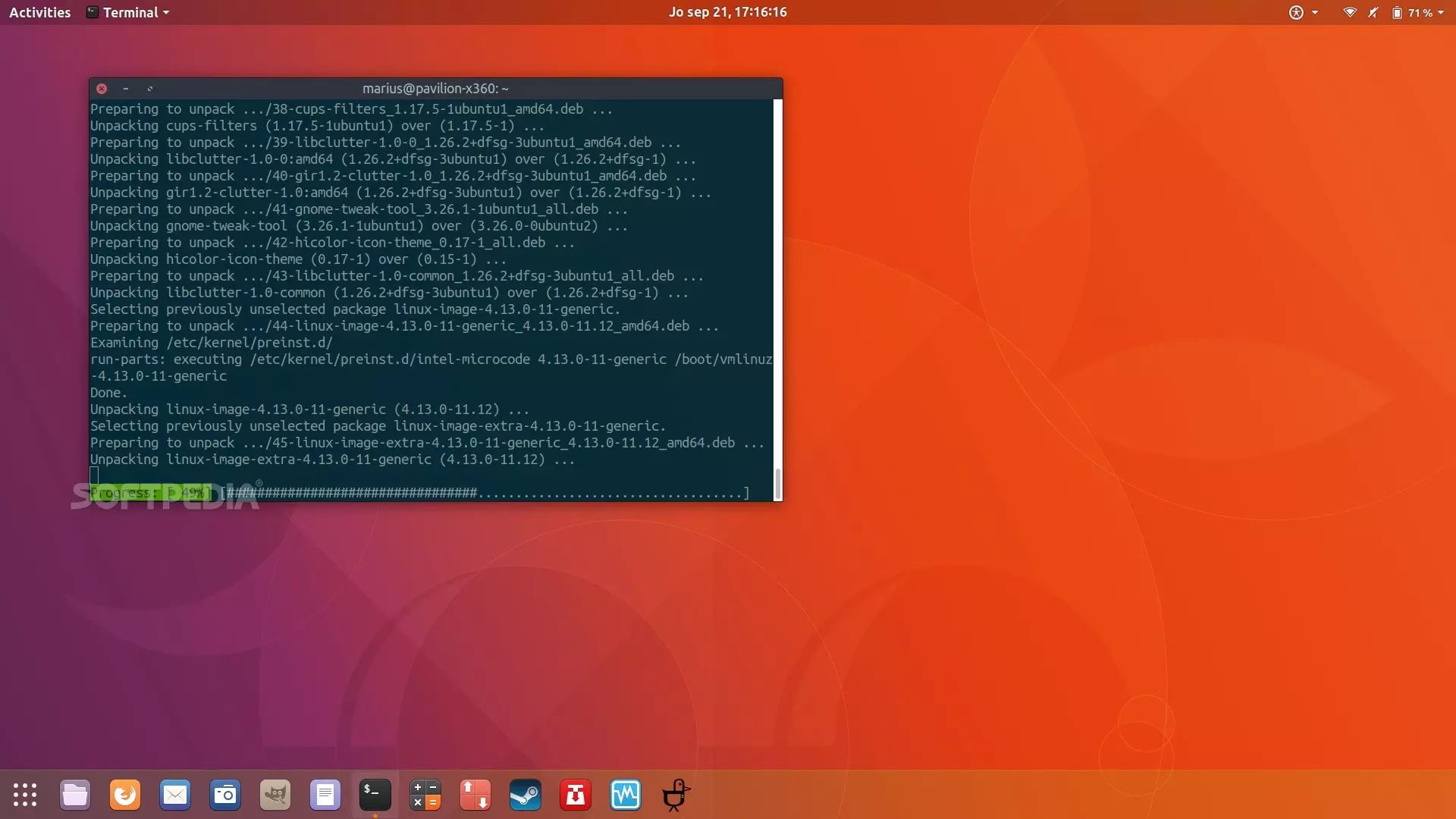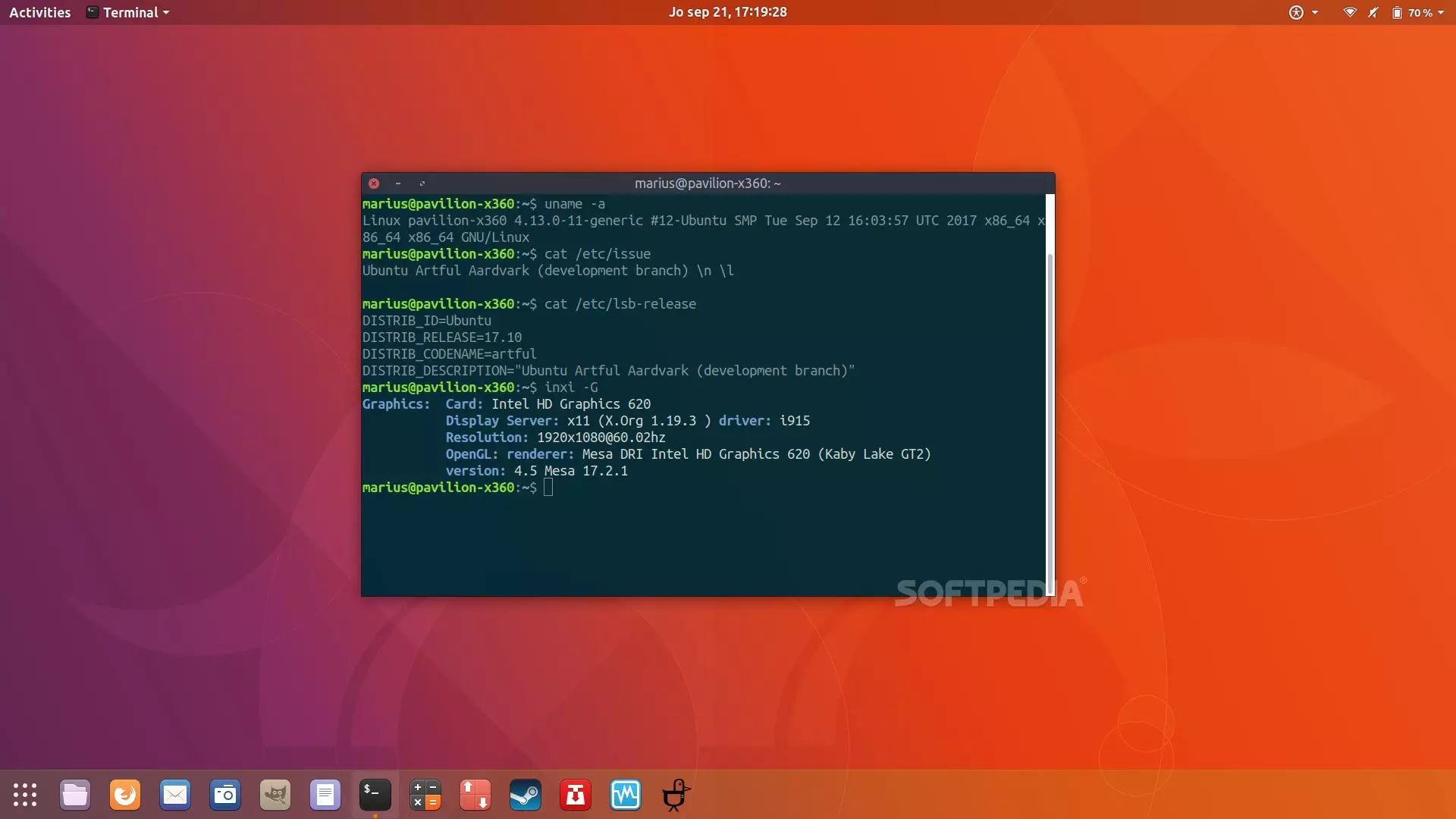(Click the public account above to quickly follow)
English: SOFTPEDIA, Translation: Open Source China Community
www.oschina.net/news/88954/ubuntu-17-10-powered-by-linux-kernel-4-13-gcc-7-2
If you have good articles to submit, please click → here for details

The upcoming Ubuntu 17.10 (Artful Aardvark) operating system is powered by the latest Linux Kernel 4.13 and will be included in the stable repository along with GCC (GNU Compiler Collection) 7.2.
Canonical has committed to continuously update Ubuntu 17.10 on the Linux Kernel 4.13 series, and it can be seen in the latest synchronized repository that the previously used Linux Kernel 4.12 has been marked as EOL status and has now been replaced by Linux kernel 4.13.1. Additionally, Ubuntu 17.10 defaults to using the latest GCC 7.2 compiler and Mesa 17.2.1.

Linux Kernel 4.13 was released earlier this month, bringing many new features and improvements, including support for Intel Cannon Lake and Coffee Lake processors, support for “lifetime hints” in block layers and virtual file systems, optimization of AppArmor, and better power management.
It also adds support for non-blocking buffered I/O operations to improve asynchronous I/O; support for AMD Raven Ridge through the open-source AMDGPU graphics driver; support for five-level page tables on the s390 architecture; various enhancements to the EXT4 file system, better performance for HTTPS and other protocols, and support for the SMB 3.0 protocol for CIFS mounts.
According to the release schedule for Ubuntu 17.10 (Artful Aardvark), the kernel freeze date is October 5, 2017, which means that the kernel will not be modified after this date until the official release on October 19.
However, Linux Kernel 4.13 is not a long-term support version, so it may be marked as EOL status in the coming months. Similarly, Ubuntu 17.10 is also not an LTS (Long Term Support) version, providing only 9 months of security and software update support until July 2018. Next week, the final beta version of Ubuntu 17.10 will be released for final testing.
Did you gain something from this article? Please share it with more people.
Follow ‘Linux Enthusiasts’ to enhance your Linux skills